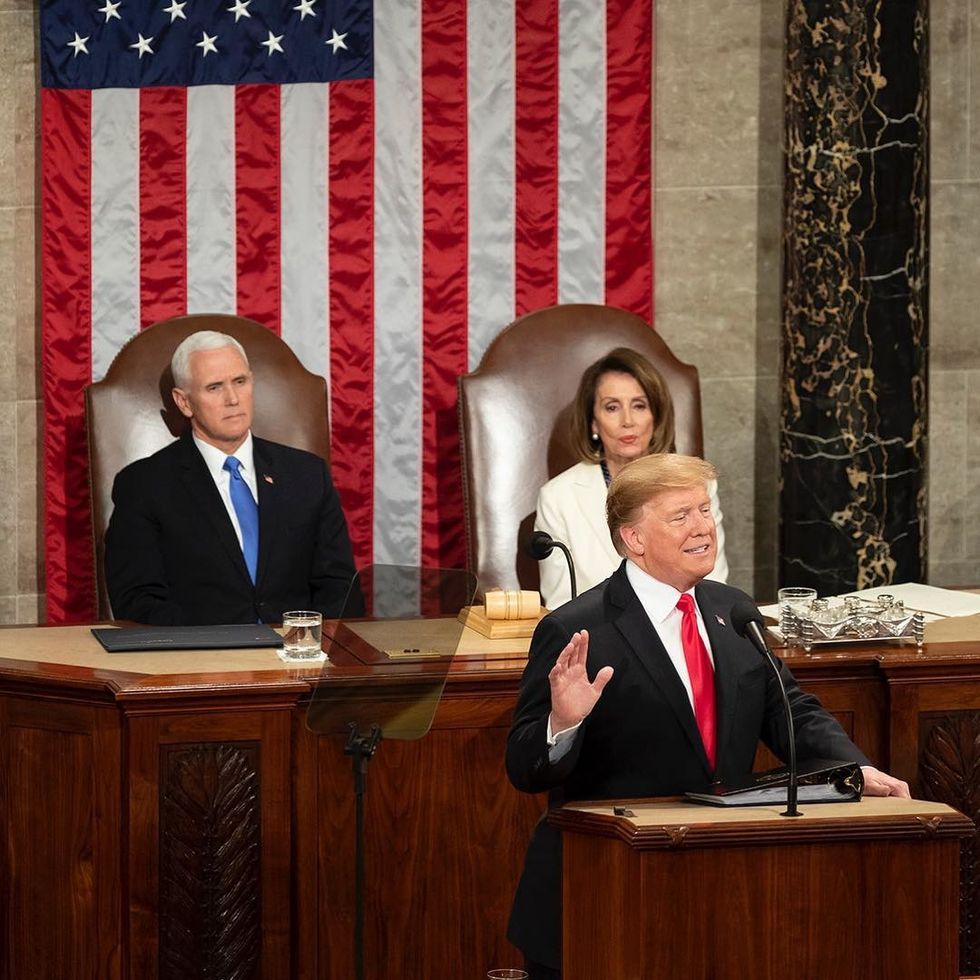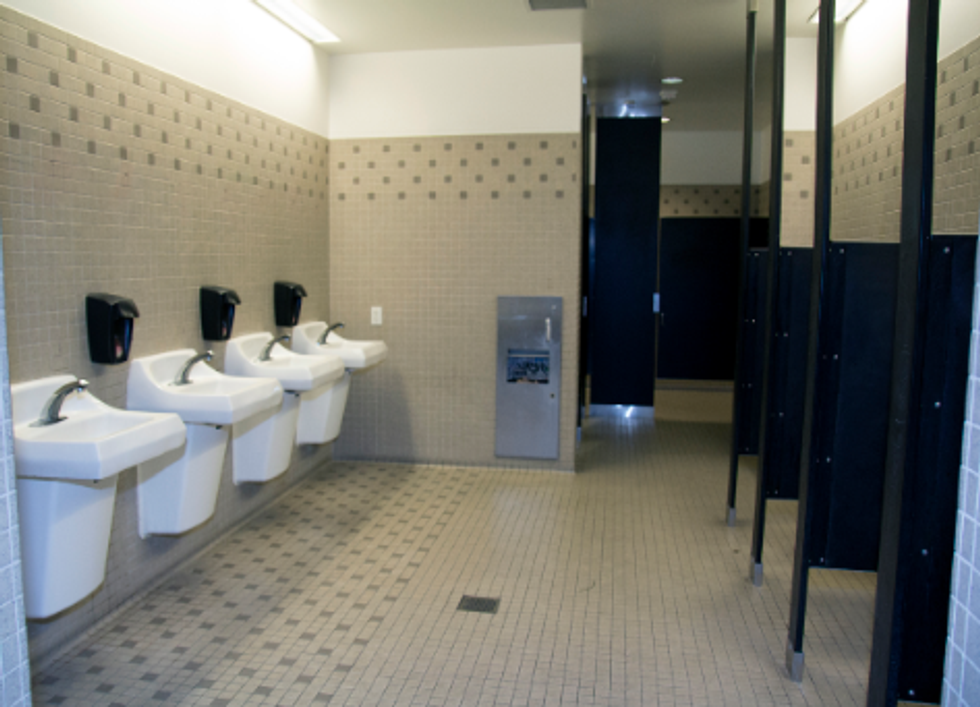I didn't watch the State of the Union address. Despite all the hullabaloo that had been made over it while President Trump and Speaker Pelosi were caught in the government shutdown standoff, I completely forgot that it was even happening.
The only reason I even remembered? I caught the tail end of it on TV while running on a treadmill at the gym.
Now, shame on me and my poor current affairs skills, but despite it all, I didn't actually take the time to watch Trump's speech as it was happening. I did watch the Kansas-K-State basketball game though (congrats Wildcats) and got a truncated version of the speech from my roommate later.
Included in that review was the knowledge that President Trump and North Korean leader Kim Jong-Un will be meeting in three weeks' time in Vietnam.
I was blindsided by that. Their previous summit, held in Singapore on June 12, 2018, had originally been proposed by the North Koreans during and right around the time of the 2018 Winter Olympics, which were held in PyeongChang, South Korea in February of that year. Comparatively, the declaration for this summit, scheduled for February 27th and 28th, has had no similar lead-up.
As of my writing this, the Trump administration has just 21 days to pull things together.
Now, of course, the fact that knowledge of the Vietnam summit (which will be held in either Hanoi or Da Nang) was not public until the State of the Union address does not mean there wasn't already groundwork being laid for the event. In fact, I'd be very much doubt if there hasn't already been some sort of dialogue over where, when, and how to hold this upcoming summit. And yet, it still seems curious to me that there had been no mention of it before now, especially given the issues the Republicans faced in the 2018 midterms.
After all, up to this point, the talks with North Korea have been primarily about optics. One would be hard-pressed to argue otherwise. If Trump had advanced knowledge of such a continued conversation, why not unleash it during the midterms as an example of successful Republican foreign policy?
That is unless you don't see the Trump-Kim summits as a successful foreign policy, which in many ways I don't. Denuclearization of the Korean peninsula, one of the most militarized regions in the world, is a goal most all of us want, and when news first broke about the Trump-Kim summit of last year, I was encouraged.
Now? Still encouraged, but also skeptical.
While saying no to diplomatic dialogue is often a foolhardy action, being railroaded and manipulated in said dialogues by foreign counterparts is almost worse.
While Trump has declared major foreign policy wins in regard to both Russia and North Korea and (supposedly) improved diplomatic relations with each, neither has taken definitive action that would seem to truly satisfy American interest. When President Trump met with Vladimir Putin, also last year, their joint press conference was widely seen as American capitulation, especially as Putin continued to deny that Russia was responsible for running interference in the 2016 election. Likewise, despite the cessation of nuclear testing on the Korean Peninsula, Kim Jong-Un has taken few, if any, steps to complete denuclearization of his rogue nation. If anything, the process has become only more convoluted, with some figures in the area of international affairs warning that the North Korean regime will merely move and conceal its nuclear weapons from international inspectors, rather than comply with any substantive agreement with the United States.
Ultimately, such lack of progress after the first summit some eight months ago leaves me dubious that this time around things will be different. If Kim wasn't willing to make a significant change last June, what would be different now that could convince him to change course? If anything, the Republicans' loss of the House of Representatives in 2018 likely signals to the rest of the world that Trump and his ideologies do not have nearly the same kind of stranglehold on American life as do true authoritarians like Putin and Kim.
And yet, with that being said, I'd hate to entirely snuff out hope. After all, Kim has agreed to talk again and, if anything, the prologue to these talks seems to be going much smoother than the last time around, when a variety of factors almost led to the summit being canceled.
This second summit should be met with optimism, albeit a cautious kind.











 Photo by
Photo by 








